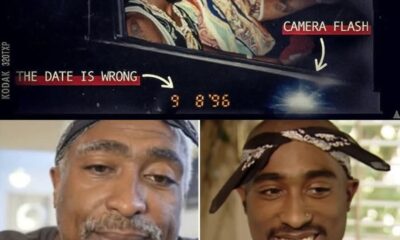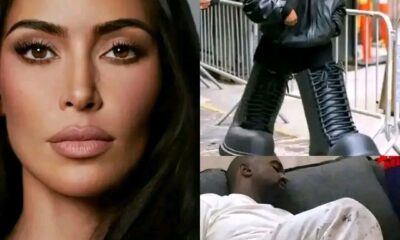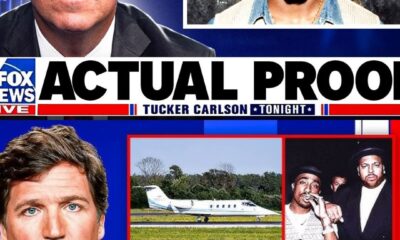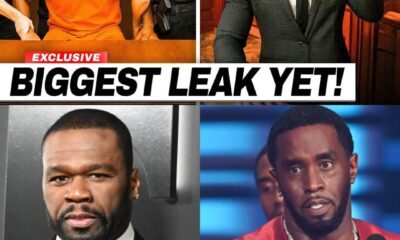NFL
They were brothers before the industry turned them into enemies. Now, 50 Cent is naming names. Tupac mentored Biggie, gave him the blueprint for success, and even told him to sign with Puff Daddy. So what went wrong? A calculated setup at Quad Studios, a barrage of media hype, and record executives fanning the flames for millions. This wasn’t a coastal war; it was a corporate assassination of a friendship that ended in two coffins. The story you know is a fraction of the truth. Discover what really happened. Check out the full post in the comments section.
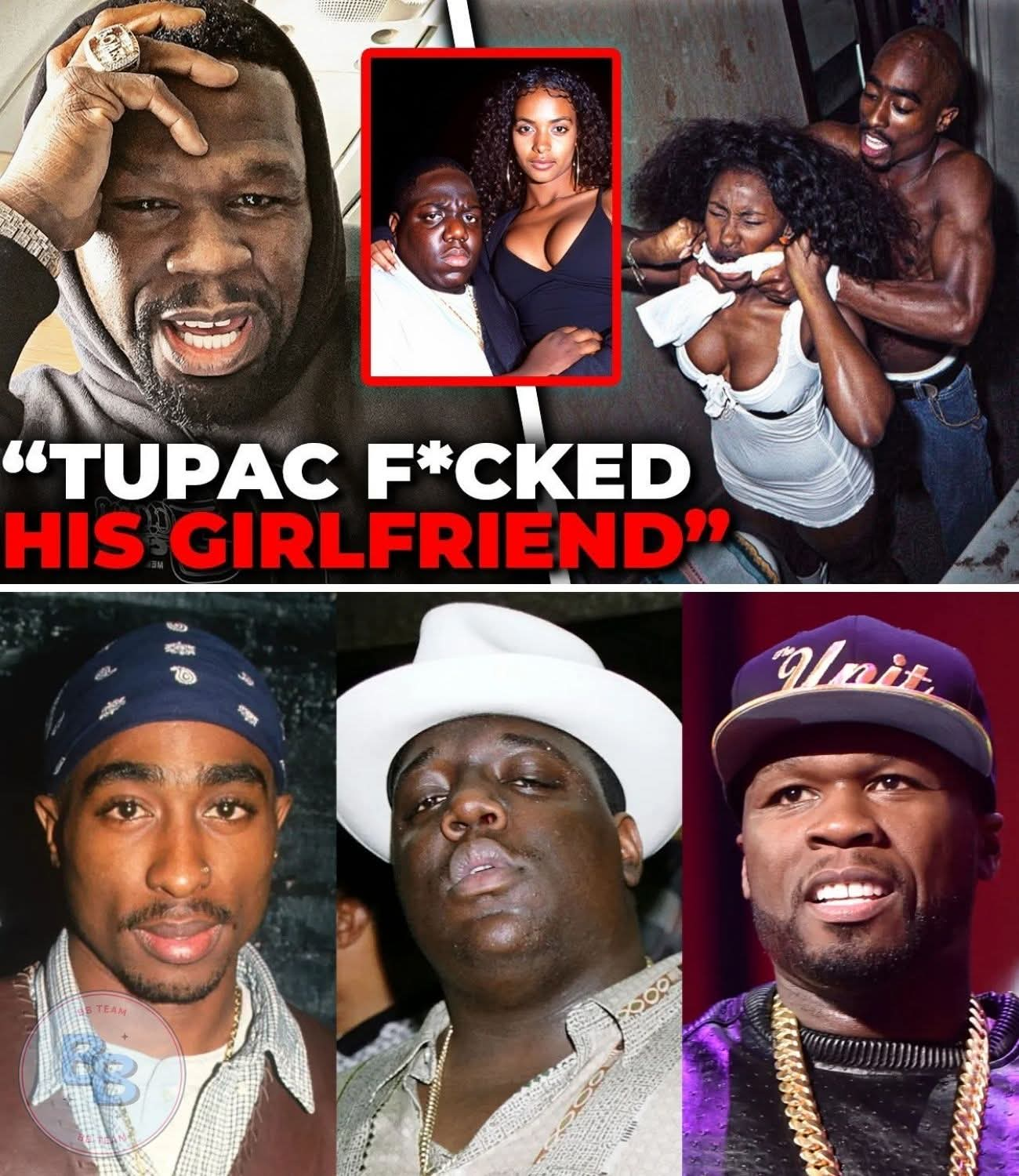
Biggie Never Hated Tupac: 50 Cent Exposes the Real Villains Behind the Infamous Beef
Posted by
–
04/11/2025
For nearly three decades, the tragic story of Tupac Shakur and The Notorious B.I.G. has been etched in stone, serving as hip-hop’s definitive and deadliest rivalry. It was, we were told, a war of coasts, a clash of pride, and a street beef that escalated until it claimed the lives of two of the genre’s greatest-ever talents.
Now, Curtis “50 Cent” Jackson is taking a sledgehammer to that entire narrative. In a stunning revelation, the rapper and business mogul, himself a survivor of street violence, has laid bare a different, more chilling story. According to 50, the infamous beef wasn’t a genuine, life-or-death street war. It was a lie.
It was, he argues, a personal misunderstanding between two friends, ruthlessly exploited and manufactured into a coastal war by the real villains: record label executives who saw a marketing opportunity in the blood and pain.
Before they were mortal enemies, they were brothers. This is the part of the story that gets buried beneath the diss tracks and the drive-bys. In 1993, Tupac Shakur was already a platinum-selling superstar—an actor, an artist, and the walking embodiment of West Coast charisma. Christopher “Biggie Smalls” Wallace was a hungry, virtually unknown rapper from Brooklyn, pushing mixtapes and dreaming of a break.
They met through a mutual acquaintance and, according to those present, Tupac didn’t just shake his hand; he embraced him. He welcomed Biggie into his home, letting the future king of New York crash on his couch. This wasn’t an “industry” friendship; it was genuine. Tupac became a mentor, a big homie schooling his younger brother on the game.
He offered Biggie the blueprint that would define his career, a piece of advice so profound it changed music: “Don’t rap for men, rap for women on the singles.” This strategy—commercially accessible hits for the radio, raw hip-hop on the album cuts—became the foundation for Biggie’s superstardom. Tupac was so invested, he even considered managing Biggie himself. But in an act of selfless wisdom, he advised Biggie to stick with another up-and-comer: “Nah, stay with Puff. He will make you a star.”

